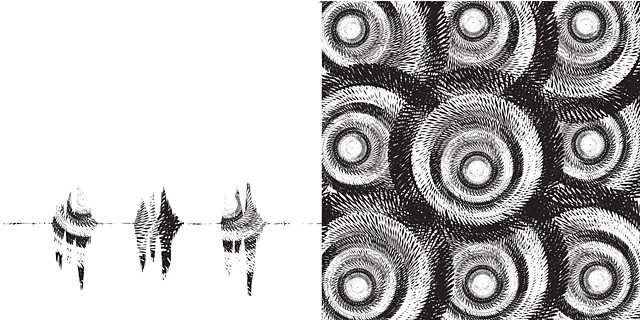
Everyone has a prosody, or theory of poetry composition. That theory can (and often is) a general theory of how one should "properly" write poetry, of how you yourself prefer to write poems, and/or of how any given particular poem will be written.
In the latter case, I may decide that an idea I have for a poem will be best expressed as a sonnet. My theory of composition for that poem, then, will include making it only 14 lines, with the poem split up into uneven parts (a 14-line poem divided into two balanced 7-line stanzas isn't a sonnet). There will then have to be a rhyme scheme that helps divide the poem into parts. The Patrarchan sonnet is divided into two parts, while the Shakespearean sonnet is divided into four, as we can see below.
Petrarchan rhyme scheme:
ABBAABBA CDECDE
Shakespearean rhyme scheme:
ABAB CDCD EFEF GG
There are other details about sonnets we will go through in another section, but we're just going to focus on a few things here.
Sonnets are typically composed using iambic pentameter, so that would be part of one's theory of composing one's sonnet. And so on.
Of course, we don't typically just write poems where we're changing our theory of poetry composition from poem to poem. We also have our own personal theory of composition.
When I first started writing poetry, I wrote free verse poems. That is the most common form being written today, and most poetry-writing classes will not encourage you to write poems in any other way. I didn't at the time have any sort of conscious theory of poetry composition, but a few things did recur that kind of acted as a finger print on my poetry, and which basically constituted a tacit theory. If you have written a number of poems, you likely have such at tacit theory at the very least. This is likely also reflected in the kinds of poems you like to read.
Later, I met the poet Frederick Turner, and because of his influence, I started writing formalist poetry. I started writing formalist poetry because I encountered Turner's general theory of poetry composition. He argued in favor of formalism on the basis of how our brains work, being rhythmic, pattern-detecting, pattern-making systems. I became persuaded, and this in turn affected my personal prosody. I became a formalist, and the prosody of each poem was then affected.
I want you to think about your own prosody. What is your personal theory of poetry composition? What is your general prosody (how do you think poems ought to be written)? Why? Why do you think prosody can change from poem to poem? That is, why do you think one poem seems "right" as a sonnet, while another seems "right" as an ode, and another seems "right" as free verse?
No comments:
Post a Comment